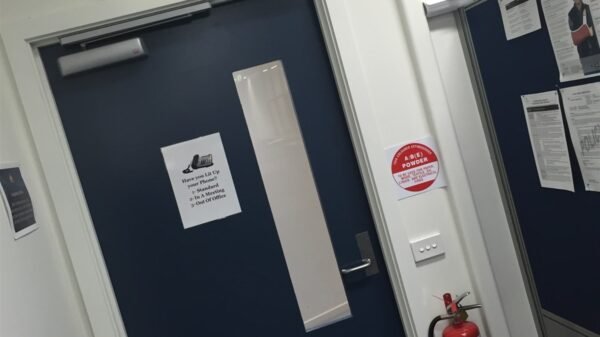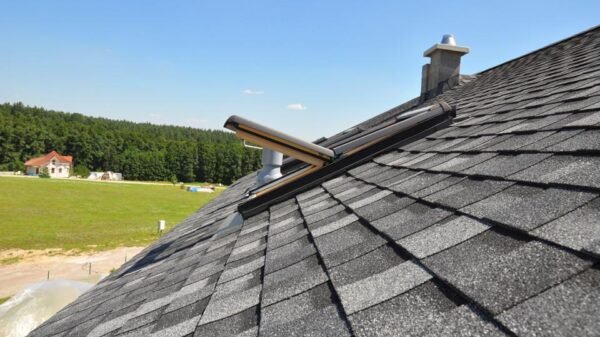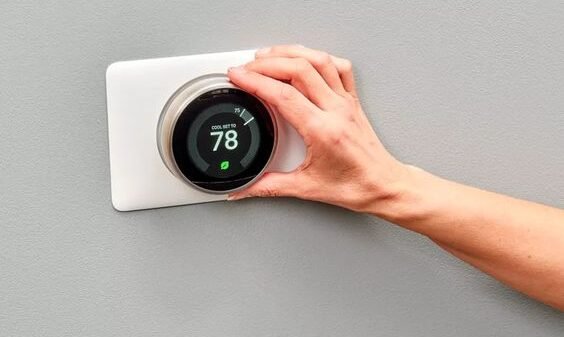The 1031 exchange is a tax advantage that allows investors to suspend property capital gains tax. It is an excellent way for investors to take advantage of their property’s additional value and put it into their next purchase.
Unfortunately, this doesn’t mean that you can carry out a 1031 exchange on any deal. To be eligible for the 1031 exchange, both real estate assets used in the transaction must be held for productive use in a trade. Another drawback is that both properties must be in the United States.
This article will explain the answer to the question “can 1031 exchange be used for a foreign property?” including all you need to know about 1031 exchange of foreign real estate.
How a 1031 Exchange Works
Selling a real estate asset is a significant stride for an investor. While tax ramifications of selling a property might look demoralizing, understanding how the 1031 exchange works can help increase your earnings but only if you reinvest the proceeds accordingly.
A 1031 exchange, sometimes referred to as the tax-deferred exchange, allows real estate investors to delay paying capital gains taxes when they sell properties held for business and use the proceeds from the sale within specific time limits in a similar property of greater or equal value.
For instance, an investor purchases a property in 2017 for $2,000,000, then by 2022, the property appreciates to $3,500,000, and the investor decides to sell. The capital gain from that sale is $1,500,000, and the investor will have to pay tax on that gain. If the investor decides to take advantage of a 1031 exchange, they can invest the total sale proceeds of $3,500,000 into another property and suspend paying taxes on the gain.
This exchange applied to other investment assets in the past, but recent alterations to the tax code have restricted its application to real estate. However, there are additional restrictions regarding what kind of real estate qualifies and the precise time limit of the exchange.
Can 1031 Exchange Be Used for a Foreign Property?
It’s common knowledge that a 1031 exchange allows real estate investors to trade one real estate asset for another without paying tax gains but can a 1031 exchange be used for a foreign property? It depends; the 1031 exchange for foreign property allows you to defer capital gains when exchanging one foreign property for another if the country doesn’t assess capital gains.
Some countries require you to pay capital gains tax, so ask a tax expert before beginning the exchange process. It’s also crucial to note that foreign real estate assets and real estate situated in the United States aren’t treated as like-kind properties and will not qualify for tax deferral.
United States citizens and permanent residents are taxed on their international income regardless of where the property they sell is situated. If the foreign country doesn’t tax capital gain on the asset’s sale, there will be no foreign tax credit to net against U.S. capital gains tax.
Suppose you’re considering executing a 1031 exchange for a foreign property; you must consult with your tax, financial, and legal advisors, along with a Qualified Intermediary, as soon as possible before the sale of the asset to ensure that you meet all the requirements before starting the exchange process.
International Property Exchange Rules
There are certain 1031 exchange rules that you must follow to suspend paying capital gains tax when carrying out a 1031 exchange. A brief review of the basic exchange rules follows:
- Investment Property
The sold and purchased property must be like-kind property used for trade or business purposes. Nearly all real estate is considered like-kind to other real estate. For instance, you can sell a school building and replace it with a hotel building or relinquish land and buy a collection of rental homes.
On the contrary, your main residence isn’t like-kind because the property isn’t used mainly in business or trade. Real estate assets in the United States aren’t like-kind to real estate in Canada or anywhere outside of the United States.
- Same Taxpayer
Individuals and businesses that own investment properties can qualify for a 1031 tax-deferred exchange. That means a natural person, C corporation, S corporation, limited liability company(LLC) partnership, trust, and any other business that pays taxes might conduct a tax-deferred exchange.
However, you must use the same taxpayer name when buying and replacing properties in the exchange. The IRS views the tax-deferred exchange as an extension of ownership although the property isn’t the same.
- Greater or Equal Value
The investor must not profit from the 1031 exchange, which means the purchased real estate asset must be of equal or greater value to the asset sold. Furthermore, the purchased real estate asset must also have the same or greater mortgage balance than the sold asset. For instance, if the sold property has a mortgage balance of $200,000, you must also fund the replacement property with a loan of at least $200,000.
- Time Limits
There are two-time restrictions to remember when carrying out a 1031 exchange:
- 45 Days
A replacement asset must be chosen (by having a hard copy offer authorized) within 45 days of the sale of the relinquished asset closing deed.
- 180 Days
The deed on the replacement asset must close within 180 days of the sale of the relinquished asset closing deed.
- No Boot
Boot occurs when the price of the bought property is less than the price of the sold property. If you don’t use all of the proceeds from the relinquished property sale to buy the replacement property, the IRS taxes capital gain on the difference.
- No Touching of Money
The investor employs a Qualified Intermediary (QI) to accept the sales profits from the relinquished property and send the funds to the seller of the bought property when escrow closes. Investors who take ownership of the sales proceeds will have the whole amount treated as boot by the IRS and subject to capital gains tax on the total amount.
Bottom Line
Can you use 1031 exchange for a foreign property? Yes, you can, but the relinquished or replacement properties can’t be located in the United States. However, you need to be properly informed of 1031 exchange international rules to avoid mistakes.
Hopefully, this article has done justice to the topic, so if you’re considering towing this line, you’re now armed with sufficient information. Good luck with your investments!





























































